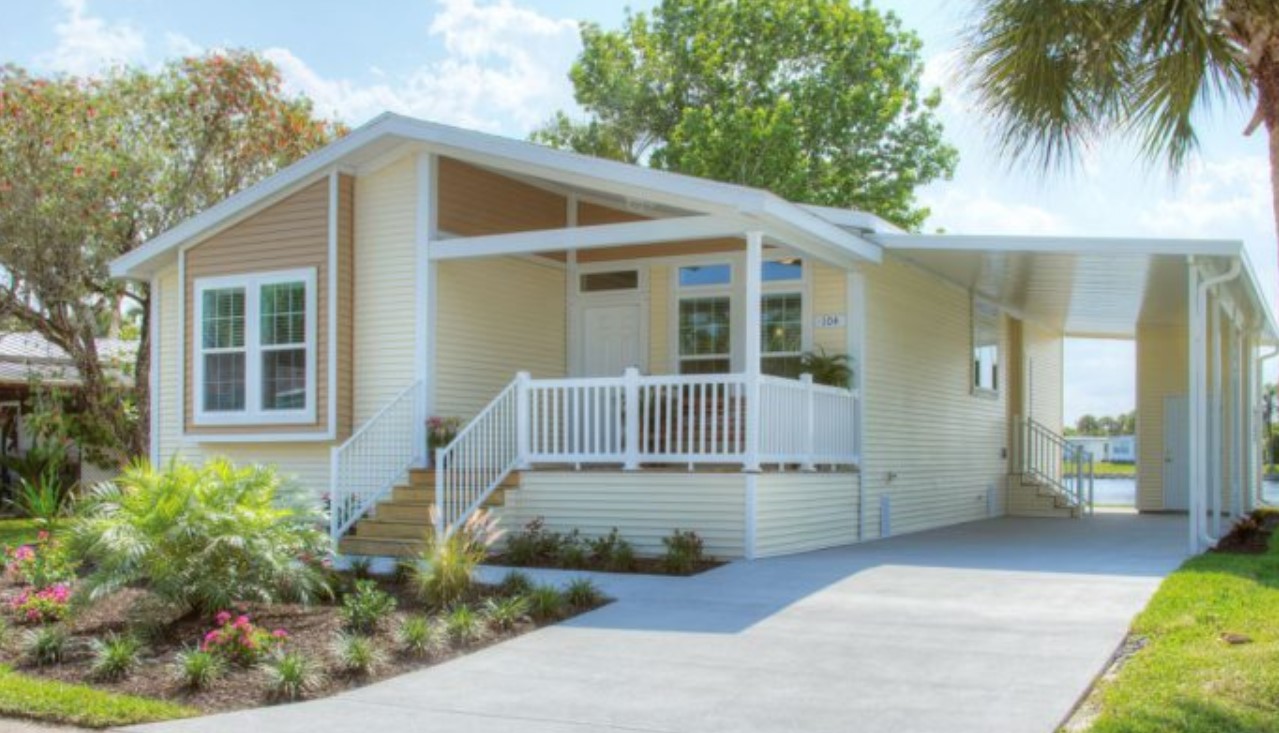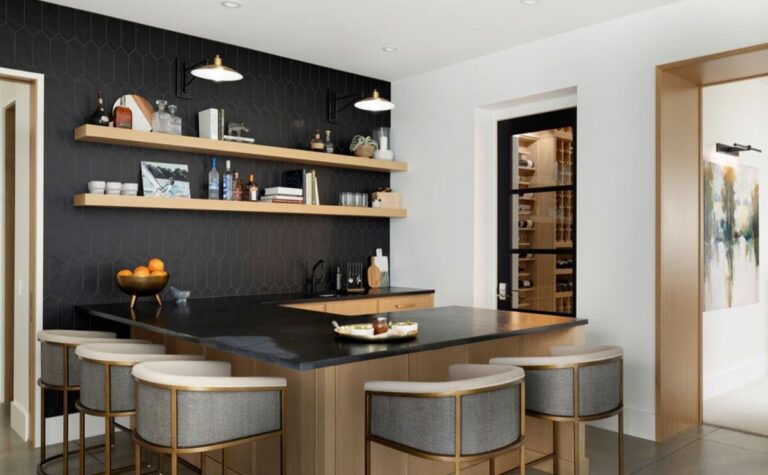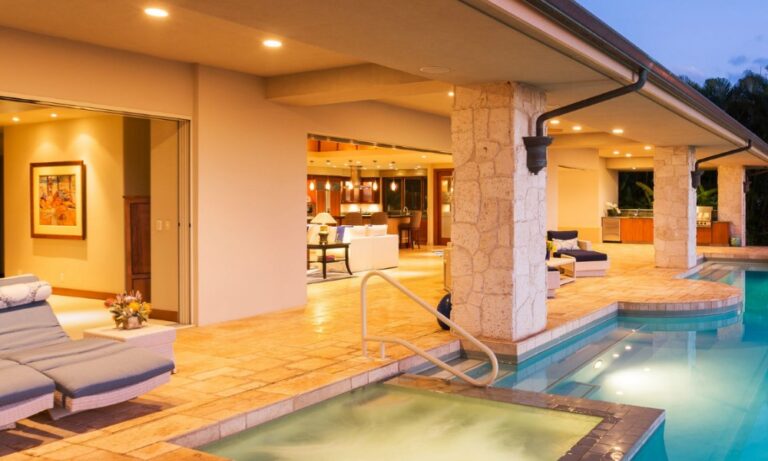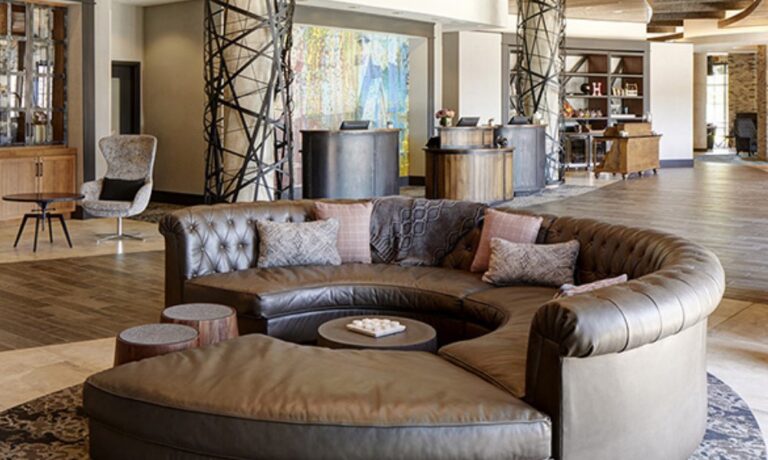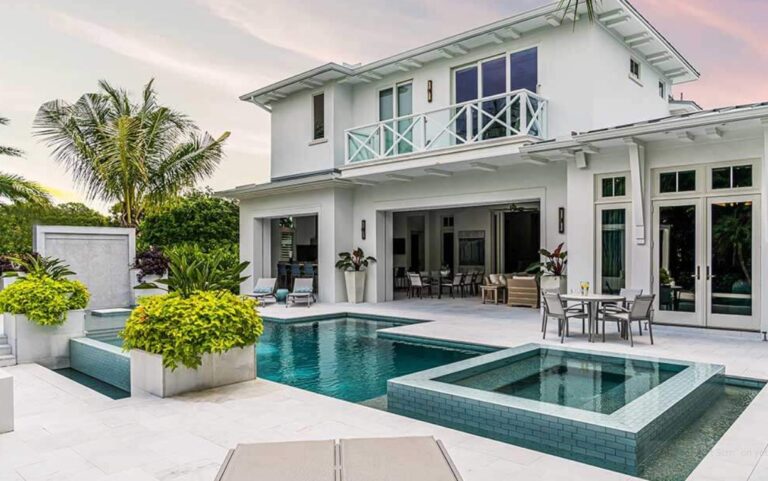Homes Mobile Homes: Top Choices, Benefits, and Buying Guide
Mobile homes offer an affordable, flexible, and modern housing solution for many people. Whether you’re looking for a temporary residence, a vacation home, or a permanent abode, mobile homes can provide the perfect answer. In this article, we’ll explore the top mobile home models, their benefits, and how you can purchase one.
What Are Mobile Homes?
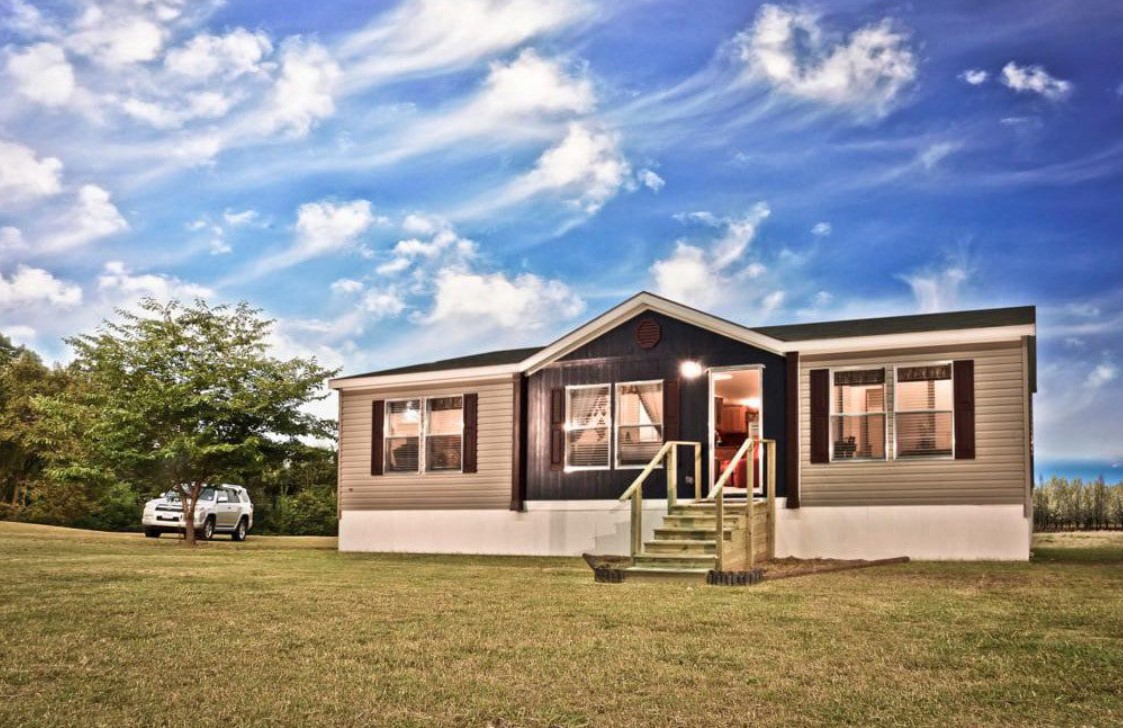
Mobile homes, also known as manufactured homes, are a type of prefabricated housing that is built in a factory setting and then transported to a designated site for installation. This construction method distinguishes mobile homes from traditional site-built homes, which are constructed directly on the land where they will reside.
Historical Background
The concept of mobile homes dates back to the early 20th century when the need for affordable and transportable housing solutions arose. Initially, these homes were quite basic and small, often used as temporary housing for travelers and seasonal workers. Over time, advancements in construction techniques and materials led to significant improvements in the quality, durability, and design of mobile homes.
Construction and Materials
Mobile homes are constructed in a controlled factory environment, which offers several advantages:
- Quality Control: Factory construction allows for stringent quality control measures, ensuring that each component meets high standards.
- Efficiency: The assembly line process in factories leads to faster construction times compared to traditional building methods.
- Cost-Effectiveness: Bulk purchasing of materials and efficient use of resources result in lower overall costs.
The materials used in mobile home construction include:
- Steel Frames: Providing a sturdy foundation and structural integrity.
- Wood and Composite Materials: Used for framing, flooring, and interior finishes.
- Insulation: High-quality insulation materials ensure energy efficiency and comfort.
- Exterior Siding: Options include vinyl, wood, and metal, which are both durable and aesthetically pleasing.
Design and Customization
Modern mobile homes come in a variety of designs and sizes, ranging from single-wide units to expansive double-wide and triple-wide models. This variety allows buyers to choose a home that fits their specific needs and preferences. Key design features often include:
- Open Floor Plans: Maximizing space and creating a seamless flow between living areas.
- Energy-Efficient Appliances: Reducing utility costs and environmental impact.
- High-Quality Finishes: Including countertops, cabinetry, and flooring that rival those found in traditional homes.
- Smart Home Technology: Integration of smart systems for lighting, security, and climate control.
Mobility and Installation
One of the defining characteristics of mobile homes is their mobility. Once constructed, these homes are transported to their final location using a specialized trailer. The transportation process involves:
- Preparation: Securing the home on a trailer and ensuring it is road-ready.
- Transport: Carefully moving the home to its designated site.
- Installation: Setting the home on a permanent or semi-permanent foundation. This may include anchoring the home to the ground for stability and connecting utilities such as water, electricity, and sewage.
Regulatory Standards
Mobile homes in the United States are regulated by the Department of Housing and Urban Development (HUD). The HUD Code, established in 1976, sets national standards for the construction and safety of manufactured homes. These standards cover aspects such as:
- Structural Design: Ensuring homes can withstand various environmental conditions.
- Fire Safety: Implementing fire-resistant materials and systems.
- Energy Efficiency: Mandating insulation and energy-saving features.
- Quality Assurance: Requiring thorough inspections during and after construction.
Differences Between Mobile Homes, Manufactured Homes, and Modular Homes
It’s important to distinguish between mobile homes, manufactured homes, and modular homes:
- Mobile Homes: The term “mobile home” typically refers to homes built before 1976, prior to the implementation of the HUD Code.
- Manufactured Homes: These are homes built after 1976, adhering to the HUD Code. The term is often used interchangeably with mobile homes.
- Modular Homes: Unlike manufactured homes, modular homes are built to local building codes and transported in sections to be assembled on-site. They are considered permanent structures and are often indistinguishable from traditional site-built homes.
Mobile homes offer an affordable and flexible housing solution that has evolved significantly over the years. With modern construction techniques, high-quality materials, and various customization options, today’s mobile homes provide comfortable and stylish living spaces that cater to a wide range of needs and preferences. Whether used as a primary residence, a vacation home, or a temporary dwelling, mobile homes represent a versatile and cost-effective alternative to traditional housing.
Benefits of Mobile Homes
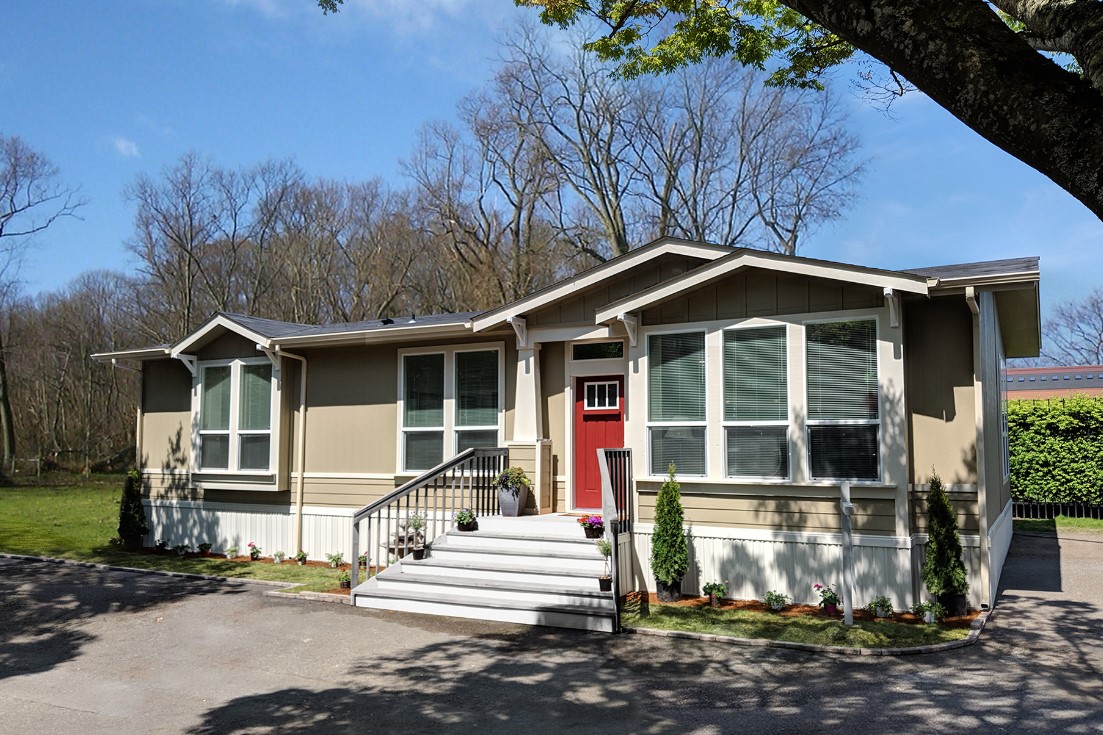
Mobile homes, also known as manufactured homes, offer a wide range of benefits that make them an attractive housing option for many people. These benefits encompass affordability, flexibility, modern design, energy efficiency, and customization. Let’s delve deeper into each of these advantages to understand why mobile homes are becoming increasingly popular.
Affordability
One of the most significant benefits of mobile homes is their affordability. Compared to traditional site-built homes, mobile homes are much less expensive. This cost-effectiveness is due to several factors:
- Lower Construction Costs: Mobile homes are built in factories, which allows for bulk purchasing of materials and streamlined assembly processes. This reduces labor and material costs.
- Efficient Use of Space: Mobile homes are designed to maximize space efficiency, which means buyers get more living area for their money.
- Reduced Land Costs: Mobile homes can be placed on leased land or in mobile home parks, which often have lower land costs compared to purchasing a traditional home lot.
For first-time homebuyers, retirees, and those on a tight budget, the affordability of mobile homes makes homeownership accessible without the financial burden of a large mortgage.
Flexibility
Another major advantage of mobile homes is their flexibility. Unlike traditional homes, mobile homes can be relocated. This flexibility is beneficial in several scenarios:
- Changing Locations: If job opportunities or personal circumstances require moving to a new area, a mobile home can be transported to the new location.
- Seasonal Living: Mobile homes are ideal for those who enjoy spending different seasons in various places. For example, retirees might live in a warmer climate during winter and relocate during summer.
- Temporary Housing: Mobile homes can serve as temporary housing solutions during home renovations or construction projects.
This mobility allows homeowners to adapt to changing life situations without the need to sell and buy new properties.
Modern Designs
Modern mobile homes are a far cry from the basic, utilitarian designs of the past. Today’s mobile homes feature stylish, contemporary designs that rival traditional homes. Key design elements include:
- Open Floor Plans: Many mobile homes feature open floor plans that create a spacious, airy feel, perfect for modern living.
- High-Quality Finishes: Options for high-end finishes such as granite countertops, hardwood floors, and stainless steel appliances are available.
- Smart Home Technology: Integration of smart home features, including automated lighting, climate control, and security systems.
- Energy-Efficient Appliances: Modern mobile homes often come equipped with energy-efficient appliances that reduce utility costs and environmental impact.
These design advancements ensure that mobile homes offer a comfortable and aesthetically pleasing living environment.
Energy Efficiency
Energy efficiency is a key benefit of modern mobile homes. Manufacturers are increasingly using energy-efficient materials and technologies to build homes that minimize energy consumption. Benefits of energy-efficient mobile homes include:
- Lower Utility Bills: Improved insulation, energy-efficient windows, and energy-saving appliances contribute to significantly lower utility bills.
- Reduced Environmental Impact: Using eco-friendly materials and technologies helps reduce the carbon footprint of mobile homes.
- Comfort: Enhanced insulation and efficient heating and cooling systems ensure a comfortable living environment throughout the year.
Energy-efficient mobile homes not only save money but also contribute to a sustainable lifestyle.
Customization
Mobile homes offer a high degree of customization, allowing buyers to tailor their homes to their specific needs and preferences. Customization options include:
- Floor Plans: Buyers can choose from a variety of floor plans to find the layout that best suits their lifestyle.
- Materials and Finishes: Options for different types of flooring, countertops, cabinetry, and exterior siding are available.
- Additional Features: Custom features such as porches, decks, and garages can be added to enhance the home’s functionality and appeal.
This ability to customize ensures that each mobile home meets the unique requirements of its owner, creating a personalized living space.
Quick Construction Time
The construction time for mobile homes is significantly shorter than that of traditional homes. Building a mobile home in a factory setting allows for:
- Controlled Environment: Construction is not delayed by weather conditions, as everything is done indoors.
- Streamlined Processes: The assembly line process ensures that each step of construction is efficient and timely.
- Reduced Waiting Time: Homebuyers can move into their new homes much faster, often within a few months of ordering.
This quick turnaround time is ideal for those who need housing solutions quickly.
Lower Maintenance and Upkeep
Mobile homes are designed to require less maintenance than traditional homes. Key factors include:
- Durable Materials: Use of high-quality, durable materials reduces the need for frequent repairs.
- Simplified Systems: Modern mobile homes often have simpler systems for plumbing, electrical, and HVAC, which are easier and less expensive to maintain.
- Warranties: Many mobile homes come with warranties that cover major systems and components, providing peace of mind to homeowners.
Lower maintenance means less hassle and fewer expenses over the lifetime of the home.
Community Living
Many mobile home owners choose to live in mobile home parks or communities, which offer additional benefits:
- Sense of Community: These parks often foster a strong sense of community among residents, with social events and shared amenities.
- Amenities: Many parks offer amenities such as swimming pools, playgrounds, clubhouses, and fitness centers.
- Safety and Security: Mobile home parks often have security measures in place, providing a safe environment for residents.
Top Mobile Home Models
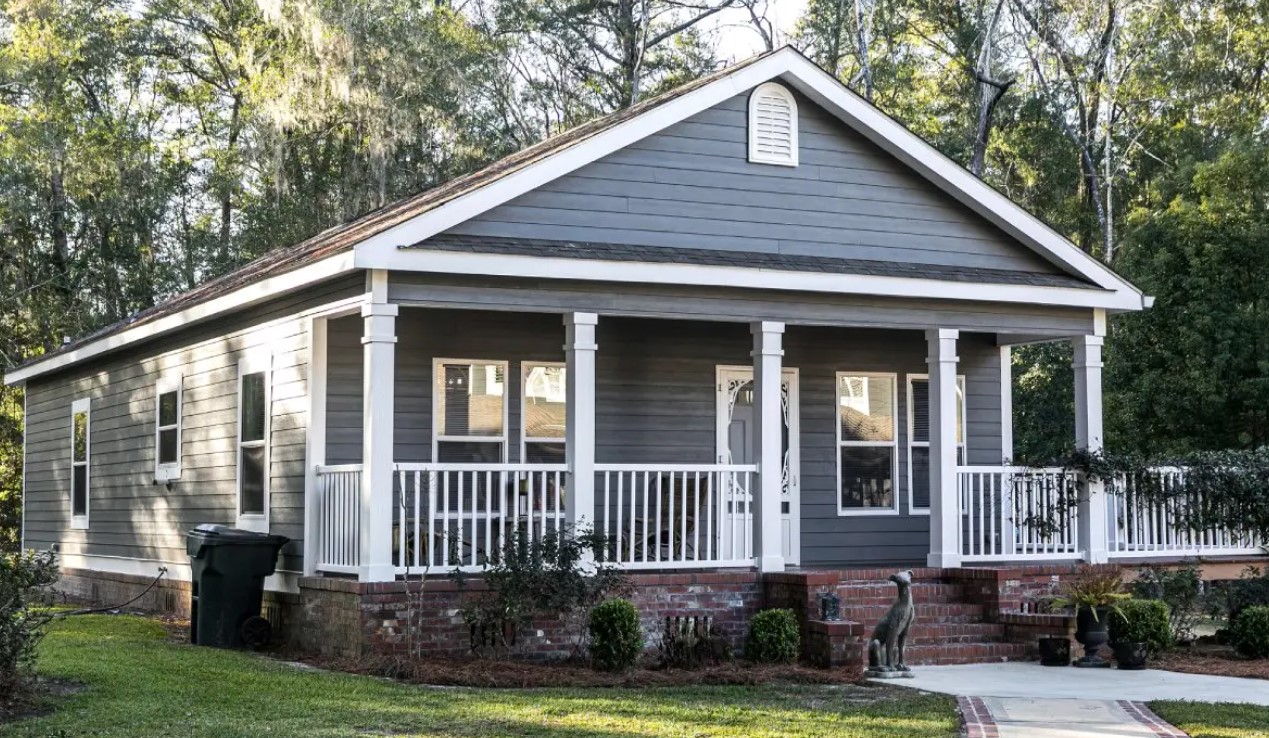
Clayton Homes
- Features: Spacious designs, energy-efficient options, customizable floor plans.
- Pros: Affordable, high-quality construction, various styles.
- Cons: Limited availability in some regions.
- Price: Starting at $30,000
- Use Case: Ideal for families and first-time homebuyers.
- Where to Buy: Clayton Homes
Fleetwood Homes
- Features: Modern designs, high-end finishes, robust construction.
- Pros: Durable, stylish, and customizable.
- Cons: Higher price point.
- Price: Starting at $50,000
- Use Case: Perfect for those looking for a permanent residence.
- Where to Buy: Fleetwood Homes
Champion Homes
- Features: Energy-efficient, multiple floor plans, quality craftsmanship.
- Pros: Eco-friendly, numerous design options.
- Cons: Limited customization.
- Price: Starting at $40,000
- Use Case: Suitable for eco-conscious buyers.
- Where to Buy: Champion Homes
Palm Harbor Homes
- Features: Luxury designs, top-notch materials, extensive warranties.
- Pros: High-end finishes, excellent customer service.
- Cons: Premium pricing.
- Price: Starting at $60,000
- Use Case: Great for those seeking luxury mobile homes.
- Where to Buy: Palm Harbor Homes
Cavco Homes
- Features: Innovative designs, eco-friendly materials, spacious layouts.
- Pros: Sustainable, customizable, spacious.
- Cons: Higher initial cost.
- Price: Starting at $45,000
- Use Case: Best for eco-friendly and spacious living.
- Where to Buy: Cavco Homes
Comparison Table
| Model | Use Case | Pros | Cons | Price | Features |
|---|---|---|---|---|---|
| Clayton Homes | Families, First-time buyers | Affordable, High-quality | Limited availability | Starting at $30,000 | Spacious, Energy-efficient, Customizable |
| Fleetwood Homes | Permanent residence | Durable, Stylish, Customizable | Higher price point | Starting at $50,000 | Modern designs, High-end finishes, Robust |
| Champion Homes | Eco-conscious buyers | Eco-friendly, Numerous designs | Limited customization | Starting at $40,000 | Energy-efficient, Quality craftsmanship |
| Palm Harbor Homes | Luxury seekers | High-end finishes, Great service | Premium pricing | Starting at $60,000 | Luxury designs, Top-notch materials, Warranties |
| Cavco Homes | Eco-friendly, Spacious living | Sustainable, Customizable, Spacious | Higher initial cost | Starting at $45,000 | Innovative designs, Eco-friendly, Spacious |
Why Choose a Mobile Home?
Mobile homes offer a unique blend of affordability, flexibility, and modern amenities. They are perfect for:
- First-time Homebuyers: Affordable entry into homeownership.
- Retirees: Downsizing without sacrificing comfort.
- Families: Spacious and customizable to meet growing needs.
- Eco-conscious Individuals: Energy-efficient options that reduce carbon footprint.
How to Buy a Mobile Home
- Research: Start by researching different mobile home models and manufacturers.
- Visit Dealers: Visit local dealers to see models in person and get a feel for the quality.
- Compare Prices: Use comparison tools and visit multiple dealers to get the best price.
- Financing: Explore financing options if needed. Many dealers offer in-house financing.
- Purchase: Once you’ve made a decision, finalize the purchase with the dealer.
FAQs
1. What is the average lifespan of a mobile home?
The average lifespan of a mobile home is 30-55 years, depending on maintenance and construction quality.
2. Can mobile homes be financed?
Yes, many mobile homes can be financed through traditional lenders, as well as through in-house financing options offered by dealers.
3. Are mobile homes a good investment?
Mobile homes can be a good investment, particularly for those looking for affordable housing or a second home. However, they typically do not appreciate in value like traditional homes.
4. Can mobile homes be customized?
Yes, many manufacturers offer customization options for floor plans, materials, and finishes.
5. Do mobile homes come with warranties?
Most mobile homes come with warranties covering various aspects of the home, typically ranging from one to five years.
By choosing the right mobile home and following this guide, you can make an informed decision and enjoy the benefits of modern, affordable housing.
